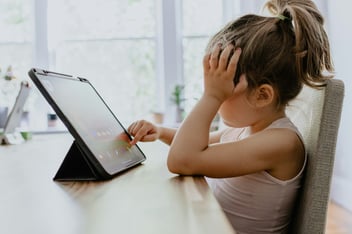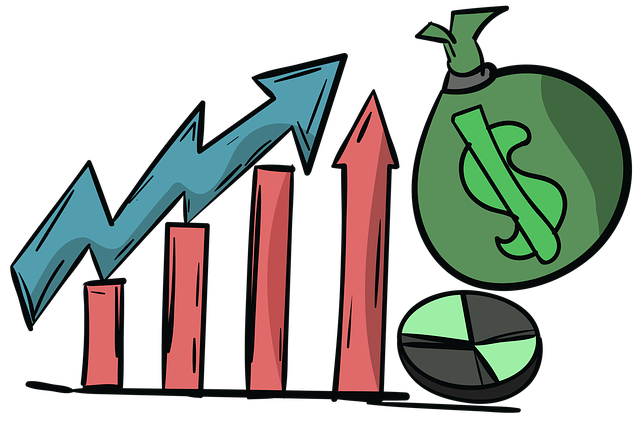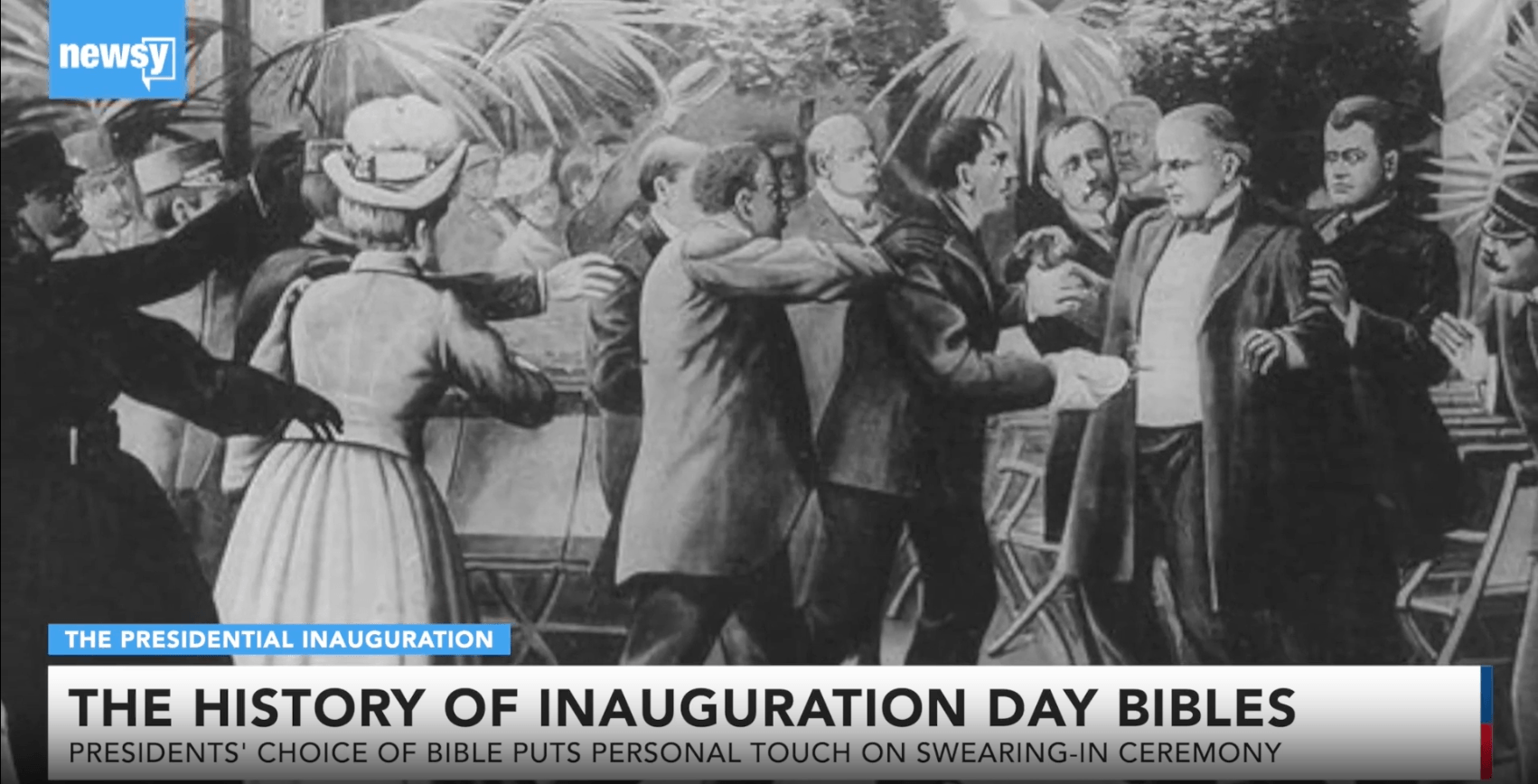YouTube, like many useful technologies with a wide variety of utilities and applications, can be best considered as the classic image of the two-sided coin with advantages and drawbacks. On the one hand, YouTube represents a tremendous availability of content produced by a wide range of creators on as many topics as you can imagine. All you would have to do to find out the history of China’s first emperor would be to search on YouTube, and you could find accounts from sources such as the History Channel or a single expert. In this way, YouTube offers a wide selection of educational content that could fit a variety of purposes, from purely informational to entertaining.
On the other hand, YouTube also represents uncertainty as well as the dangers of misinformation and disinformation. Unverified and debunked conspiracy theories, as well as largely unchecked hate speech in both video content and comments, are found all too easily alongside authentic and genuine educational content. With video content now a staple of the modern educators’ toolbox, YouTube offers educational media that can support curriculum, but this offering comes with a significant risk of inaccurate, inauthentic, or inappropriate content making its way to students. Here are three drawbacks of YouTube for educational uses.
1. Distraction
The first drawback is distraction. YouTube contains millions of videos, with educational content being a small part of a significantly larger whole. It is very easy for a student accessing YouTube to get distracted by other videos, ones about games or streaming series or anime, ones that don’t supplement or add to the educational experience. They clutter the YouTube landscape and populate every other thumbnail a student may find, generating endless disruptions and temptations in “watch next” lists to interrupt learning and drive YouTube’s algorithm.
2. Accuracy
Another drawback with YouTube is content validity; YouTube does not make it easy to know whether the video you found about astronomy is valid in its information or whether it is expressing misinformed or debunked ideas like “flat earth.” While there are verified channels on YouTube, it can be difficult to accurately trace the provenance of the information found on YouTube. YouTube does not give its users clarity on where their information is coming from or about the creators who made the content. Their backgrounds and credentials are often unverified. Additionally, to complicate matters further, many school systems across the country ban the usage of YouTube at school.
3. Lack of pedagogical alignment
YouTube lacks educational metadata that would allow for alignment between curricula and content found on the platform. For example, an educator finds a video about solving a long division question, but they need the content to align with the Common Core curriculum. Maybe the video is aligned, maybe it’s not, but the burden falls to the educator to invest time in validating the alignment of all the material. For these reasons, it becomes difficult for educators to use it efficiently and with confidence.
Learn more about Boclips' educational standards and curriculum alignments.
When you take all of YouTube’s uncertainty in, the image of a coin flipping in midair becomes particularly apt. Searching YouTube for educational video content could result in a video that’s informative, verified, and aligned with an educators’ curriculum or could take extensive time to find and vet for accuracy, align to curriculum, and still provide a distracting environment for students.
Boclips has more than 2.2 million Ed-Ready videos direct from 550 premier educational content creators like TED, Bloomberg, PBS, CrashCourse, SciShow, and more. Designed for education, curriculum-aligned, and ad-free, you can spend less time searching for quality content and more time doing what you do best - building incredible learning experiences.
Explore our products:
- Try Boclips Classroom for free to share safe, secure, Ed-Ready video directly with students.
- Search alignments, find and purchase videos in Boclips Library.
- Integrate with all 2.2M videos for free via our API.
- #Video in Digital Learning
- #Classroom
- #Educational Videos
- #Video Content Partners
- #Tips for Using Video
- #Boclips for Publishers
- #Issues in Education
- #Educational Videos by Subject Area
- #News and Announcements
- #Events & Holidays
- #Video and Teaching Tools
- #Teaching Methodologies
- #Education Videos
- #Video and Digital Literacy
- #Short Educational Videos
- #Instructional Design
- #Multimodal Learning
- #Video and Student Safety
- #Accessibility in Education
-3.png?width=390&height=223&name=Untitled%20design%20(2)-3.png)
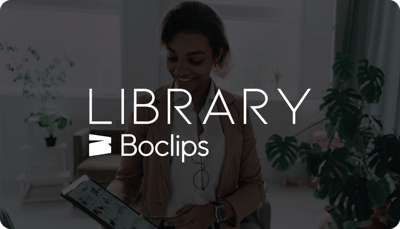
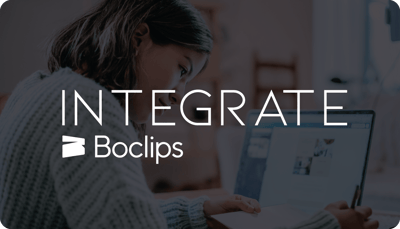
.png?width=1152&height=660&name=Copy%20of%20Untitled%20Design%20(1).png)
